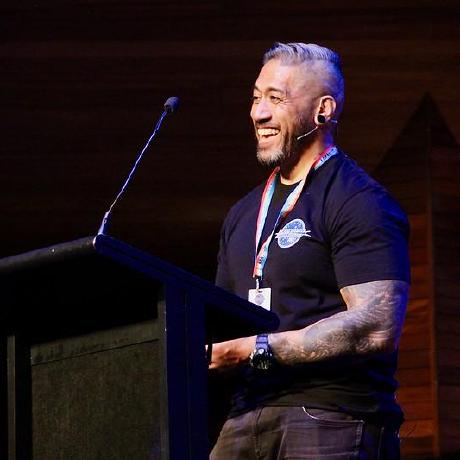Who Rules the World and What We Do About It.
I just got finished Noam Chomsky's "Who Rules the World?" and boy what a harrowing read.
Chock-full of deep insights backed up with pages and pages of references, citations, bibliographies on the atrocities and depravity of world history under the United States, but also harking back to past empires and their crimes against humanity.
It's a lot to take in. Most of it leaving you feeling helpless in the face of it. Why helpless? Mainly because what, at my level of influence and effect, can I do to change this?
Yes sure, "every vote counts" and "the journey of a thousand miles begins with the first step"- we're all too familiar with the cliches that give us a sense of empowerment and effect. But let's be real for a second- sure, cynical maybe, but on the sliding scale between "absolute delusion" and "objectively true"- reading the events and actions of the people and organizations in the book, what can we really do about them? Nothing.
Firstly, they're done. There's no bringing all the dead Palestinian children back, or reversing the terror and deaths in Latin America under the United States. Those things are done and (barely) inscribed in history.
Secondly, and this is just my (yes, cynical maybe) opinion- the Imperial power that has dictated and enforced any and everything they felt like with impunity- do I really think I can do anything about that given some of the most influential, charismatic and courageous people in history have been assassinated, slandered and brutalized along with their communities- whole countries even- and not just in the moment, but decades up decades of some so-called punishment for ever "talking back" to the Imperial power?
In that frame of mind, no, I don't think I can have any effect on changing the status quo. So, the feeling is, understandably, "helplessness".
However, I don't mean to stop there.
Reading, feeling the outrage, sitting with the feelings and thoughts long enough to quell the emotional in order to take in and put in its various places, the information and meanings (assigned or implied) of the events and the wider implications, and end up feeling helpless is just the first stage of my usual process with Chomsky's work.
After the helplessness, I put the context of the global scale of what Chomsky is explaining to me. I understand how the big cogs work, and how they influence and dictate what the smaller cogs of society do. I appreciate and find gratitude in my situation living in New Zealand in the year 2021, largely sheltered from these events because of time and place.
This feels like the 12 stages of grief, and I actually believe "working through a process" rather than just ignoring what's going on internally and being 'stuck' somewhere is a lot better for you in the long run. So even acknowledging you're working through something and then making the time and effort to get to a good place is a good thing, and in my opinion a personal responsibility.
So I am at the acceptance stage of this process where I accept that 1) all that shit that happened sucks absolute ass, I don't like it one bit, and 2) I can't do anything about those things outside of my control, time, place, people, history and ultimately 3) while I can't change the past, I can live today more informed, empathetic and deliberate or at least "conscious" in my words, thoughts and actions with regard to what I have learned from this book.
Chomsky is a beast. I love reading his work, even if it's challenging to keep up with intellectually, academically and emotionally. But a uso shared this quote with me today which seems fitting "No growth happens in the comfort zone, and there is no comfort in the growth zone."
Thanks again to Noam for the discomfort in the growth zone.
